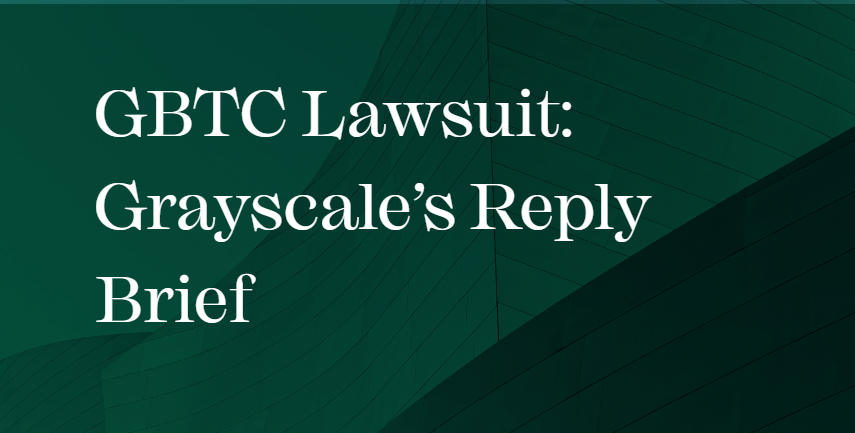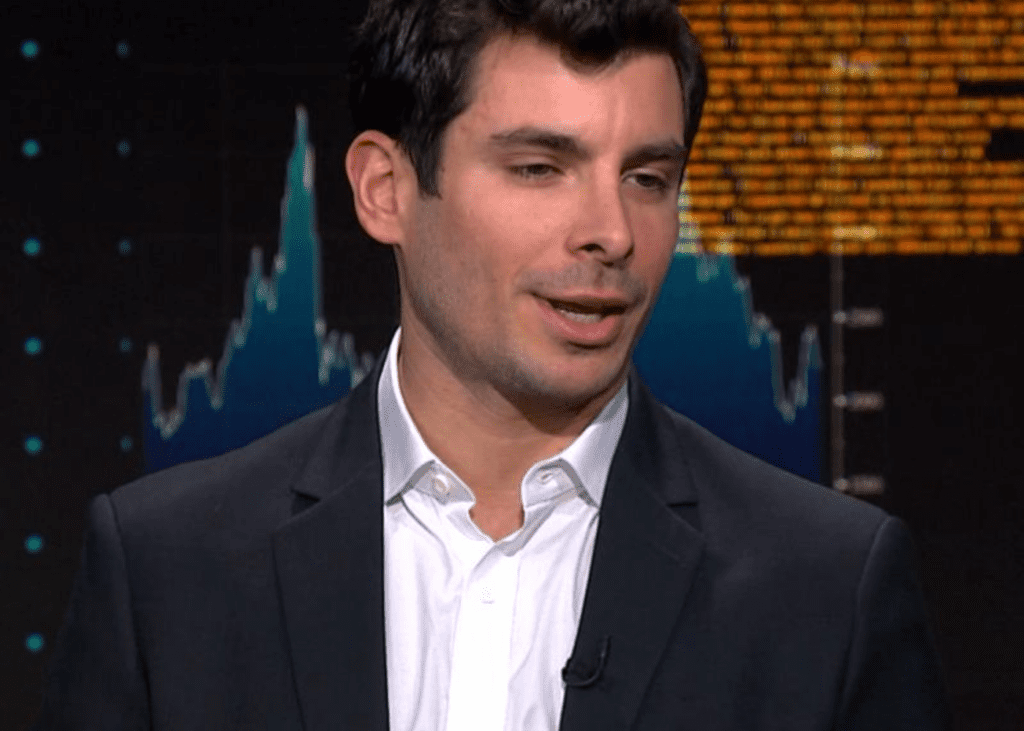Key Points:
- Grayscale criticizes the US Securities and Exchange Commission for its inappropriately acting as a merit-based regulator, running far afield from its disclosure-based regulatory mandate.
- Grayscale Chief Legal Officer, Craig Salm said the SEC is exceeding its statutory authority and is not permitted to decide for investors whether certain investments have merit.
Grayscale, a digital asset management business, has filed a fresh court brief criticizing the US Securities and Exchange Commission for its inappropriately acting as a merit-based regulator, running far afield from its disclosure-based regulatory mandate against the approval of a spot bitcoin exchange-traded fund (ETF).

The document, submitted on Friday, was in response to the Securities and Exchange Commission’s (SEC) December justification of its decision to deny Grayscale Investment’s (GBTC) proposal to convert it into a spot bitcoin ETF.
While the SEC has authorized many bids to establish futures bitcoin ETFs, which are trading agreements to be carried out at a future date and price, the agency has stated that spot bitcoin ETFs are subject to fraudulent and manipulative conduct.
Grayscale responded in a filing, arguing that successful manipulation of prices in the spot bitcoin market would unavoidably influence the price of bitcoin futures, hence, the value of bitcoin futures ETPs’ holdings.
As stated in the filing, Grayscale indicated that the SEC is behaving inappropriately as a merit-based regulator, straying far from its disclosure-based regulatory role, by arbitrarily applying this standard in a results-driven way to determine winners and losers. SEC’s submissions have not provided justification for these acts.

The asset manager eventually claimed in its blistering reaction that the SEC is beyond its legislative jurisdiction and is not entitled to judge for investors whether particular investments have value.
The Commission is not permitted to decide for investors whether certain investments have merit—yet the Commission has done just that to the detriment of investors and potential investors it is charged to protect.
Chief Legal Officer, Craig Salm, leads Grayscale’s legal team wrote
According to Salm, the case’s final filings are due Feb. 3, following which three judges will be chosen and the court will publish a timeline for the lawsuit’s oral arguments. He also stated that a final verdict on the matter might be reached by the fall.
DISCLAIMER: The Information on this website is provided as general market commentary and does not constitute investment advice. We encourage you to do your own research before investing.
Join us to keep track of news: https://linktr.ee/coincu
Thana
Coincu News























